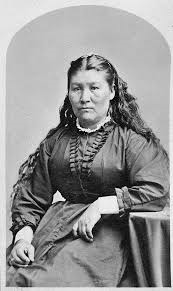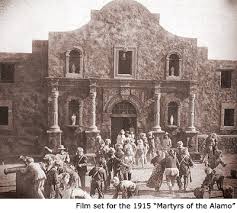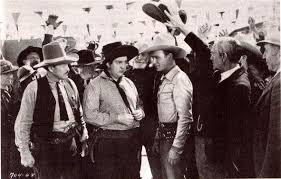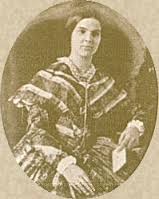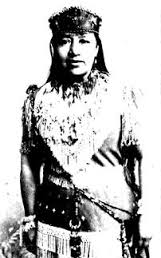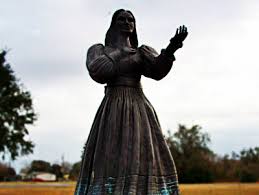Be a winner. Enter to win a copy of the new book
Soldier, Sister, Scout, Spy:
Women Soldiers and Patriots of the Western Frontier.
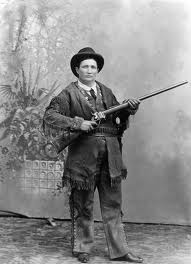
Cold rain lashed the huddle of tents staked just outside the rough encampment at Rapid City. Wind howled across the Dakota Territory as though driven by the devil himself, rattling the dripping canvas and blowing crude shakes from the leaky roofs of the buildings. Struggling through the mud, a young woman leaned into the gale and cursed. The stupidity of setting up a camp for sick soldiers on the lowest ground near General Crook’s encampment was enough to make a deacon swear, thought Martha Jane Canary.
The wind tore the tent flap from her grasp. Cursing again, she grabbed the wet canvas and yanked it into place. A lantern swaying from a hook on the tent pole cast meager light on the three men huddled in damp bedrolls. Martha Jane bent down to examine their scruffy faces, looking for the flush of fever, the outbreak of pustules, or the gray stillness of death.
Martha Jane knew the risk of close contact with these particular sick men. Settlers and soldiers moving onto the northern plains in 1876 still talked about the terrible smallpox epidemic of 1837. At the first sign of fevers or red lesions, victims were isolated because the contagion spread so quickly—and so fatally. It had literally wiped out whole tribes of Native Americans and killed thousands of fur traders, prospectors, and settlers.
The Indians called it “Rotting Face” because that’s exactly what it looked like. Fevers as high as 106 degrees, terrible back pain, a vicious headache that hammered with each heartbeat, chills, nausea, and convulsions marked the onset of the disease. Four days into the illness, the flat, red lesions appeared; then they puffed up and became clear blisters filled with pus that sometimes merged into one gigantic, painful mass.
Smallpox victims were unable to care for themselves and were often dumped into “pest houses” to prevent the spread of the sickness. Twenty-four-year-old Martha Jane Canary knew the symptoms and the fate of those who came into contact with the disease. Yet, she’d volunteered to nurse those in the leaky tents set up outside the town.
She breathed a sigh of relief after studying her patients. None of the men she examined in the cold, damp tent showed those terrifying symptoms. “Hell and Hallelujah,” she muttered. One by one, faces turned toward her voice, and crusted, red-rimmed eyes opened. “You boys look worse than grizzly bears with the mange,” she cracked. Gesturing toward the covered bucket she’d lugged down from town, Jane announced, “I got venison stew in the bucket.”
“You cook it?” asked one man as he struggled up on an elbow. He cast a doubtful glance at the pail.
“Hell, no. But I shot the damn deer just so you don’t have to eat no more of that mush you was whinin’ about.” The fierce frown gave way to a grin. “You boys need to build up your strength. I haven’t had a drink or a game since the fever hit, and I’m getting mighty restless.”
The men grinned in sympathy. They knew their nurse quite well.
To learn more about Calamity Jane and other such patriots read
Soldier, Sister, Scout, Spy:
Women Patriots and Soldiers on the Western Frontier.


